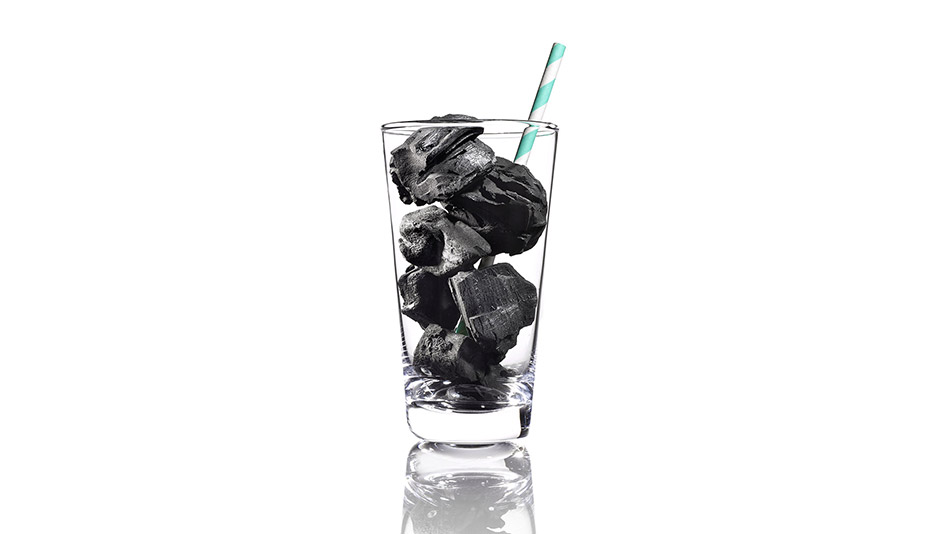Why You Should Talk to Your Doctor Before Trying Activated Charcoal
The pros and cons you need to know.

Photo: The Voorhes
The first thing that comes to mind when you hear the word charcoal is probably grill briquettes, but ER doctors have long known that a different type of charcoal can act as a detoxifier in the body. Made by exposing regular charcoal to heat and gas, the so-called activated version has a high level of absorbency that allows it to effectively trap certain toxins, which is why it's sometimes used to treat cases of poisoning. And now activated charcoal has gone mainstream: You can buy juice made with the stuff in hopes of eliminating gas from your G.I. tract, slather it on your face as a mask in an effort to pull dirt and grime from your pores and even brush your teeth with it to try to lift stains.
Sounds like the ultimate cure-all, right? Yet activated charcoal's beauty benefits are primarily anecdotal, and so far, only a few small studies have shown that it can reduce the severity of bloating and gas. Joshua Peck, MD, a gastroenterology fellow at the Ohio State University Wexner Medical Center, has heard from some of his patients that it works. "They swear it's reduced their gas, eliminated diarrhea or eased indigestion," he says. "But there's one thing people overlook: While activated charcoal can get rid of toxins, it can also absorb medications you're taking that are meant to enter your bloodstream." For some, it may cause more problems than it solves, from vomiting to constipation. The bottom line: While activated charcoal may prove useful for stomach woes, talk to your doctor before trying it at home.
Sounds like the ultimate cure-all, right? Yet activated charcoal's beauty benefits are primarily anecdotal, and so far, only a few small studies have shown that it can reduce the severity of bloating and gas. Joshua Peck, MD, a gastroenterology fellow at the Ohio State University Wexner Medical Center, has heard from some of his patients that it works. "They swear it's reduced their gas, eliminated diarrhea or eased indigestion," he says. "But there's one thing people overlook: While activated charcoal can get rid of toxins, it can also absorb medications you're taking that are meant to enter your bloodstream." For some, it may cause more problems than it solves, from vomiting to constipation. The bottom line: While activated charcoal may prove useful for stomach woes, talk to your doctor before trying it at home.



